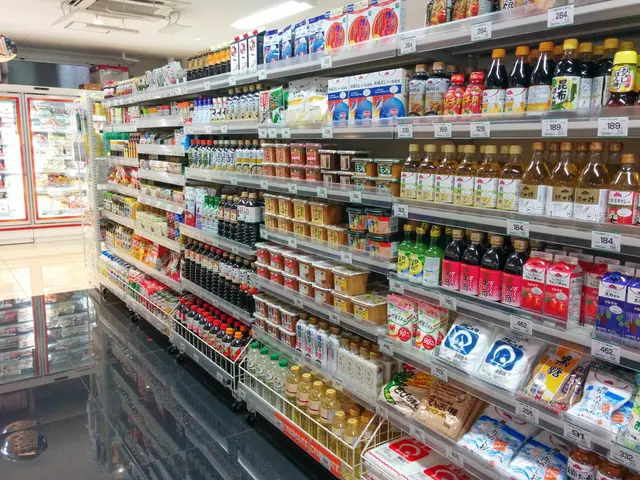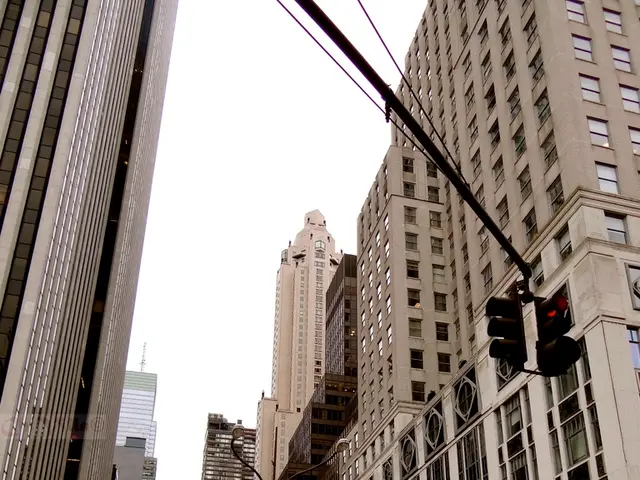Europe's Russian LNG Imports Outstrip Ukraine Aid, Fueling War Concerns
Despite the ongoing conflict in Ukraine, European countries have spent more on Russian liquefied natural gas (LNG) than on bilateral aid to Ukraine between 2022 and June 2025. This revelation has raised concerns about Europe's dependence on Russian energy and the potential impact on the war effort.
Between 2022 and June 2025, the four most important Russian LNG importing countries in Europe spent a combined total of $12.5 billion on Russian LNG. This amount is significantly higher than the $8.5 billion given in bilateral aid to Ukraine during the same period. Major European companies such as Shell, TotalEnergies, and Engie have been among the highest contributors to Russia's profit tax related to LNG imports, amounting to $9.5 billion.
Russia's state treasury has benefited greatly from these transactions. With the $9.5 billion in profit tax, Russia could have purchased a substantial number of military assets, including attack drones, tanks, and artillery shells. Yamal LNG, a major Russian LNG producer, earned a total of $40 billion between 2022 and 2024, with $9.5 billion paid as profit tax to the Russian state. Total, Sefe, and Naturgy were the most important customers of Yamal LNG in the EU, contributing to Russia's state profit tax.
Before the Russia-Ukraine war, in 2021, the EU imported 15.9 billion cubic meters of Russian LNG. However, deliveries of pipeline gas from Russia have significantly decreased. In the first eight months of 2023, the EU imported 12.8 billion cubic meters of Russian LNG, indicating a continued reliance on Russian energy despite the conflict.
The continued import of Russian LNG by European countries has raised concerns about Europe's dependence on Russian energy and the potential impact on the war in Ukraine. Environmental groups like Greenpeace have criticized Europe's reliance on Russian LNG and the increased import of US gas, urging a switch to renewable energy sources. Despite these concerns, European energy companies continue business with Yamal LNG due to need and/or long-term contracts, highlighting the complex nature of Europe's energy security.
Read also:
- Federal petition from CEI seeking federal intervention against state climate disclosure laws, alleging these laws negatively impact interstate commerce and surpass constitutional boundaries.
- Duty on cotton imported into India remains unchanged, as U.S. tariffs escalate to their most severe levels yet
- Dim outlook for a major energy corporation
- Cross-border payments during the ongoing Russia-Ukraine conflict: Examining the effects experienced thus far








